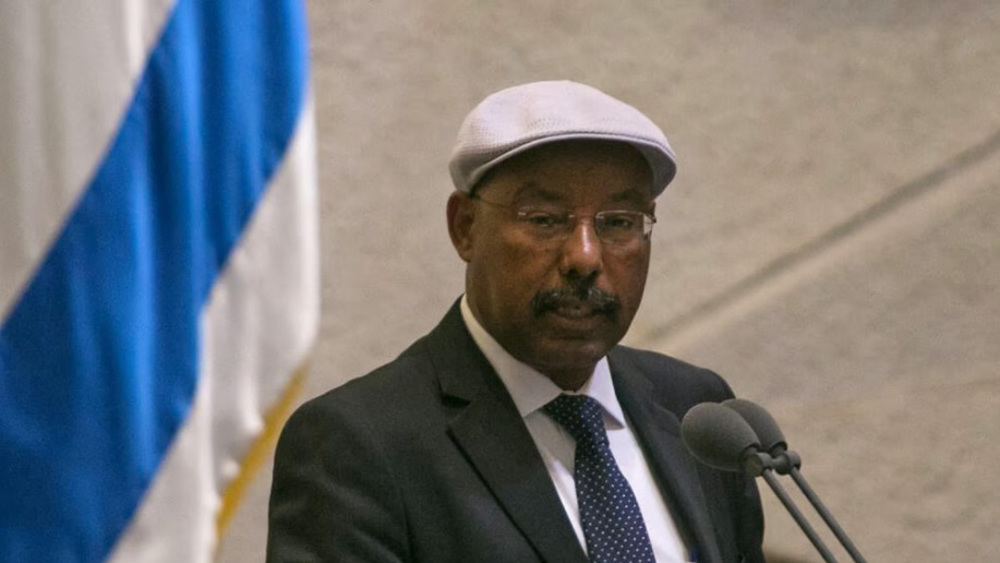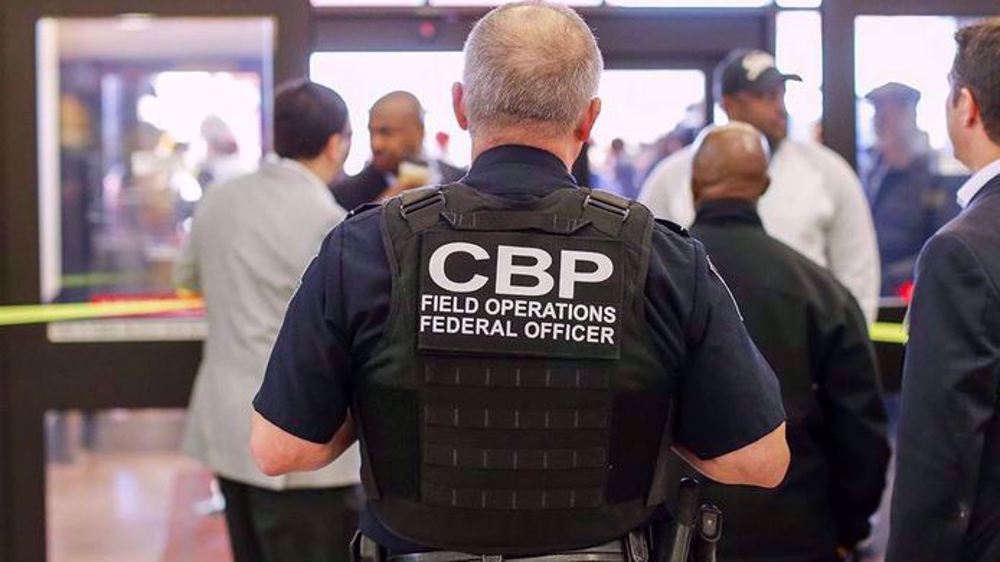Ebola vaccine tests to begin in Guinea: WHO
The World Health Organization (WHO) says the first large-scale trial of an Ebola vaccine will begin in the African nation of Guinea, weeks after a similar test had been carried out in neighboring Liberia.
The candidate vaccine, VSV-EBOV, will undergo Phase III testing in the areas of Basse Guinee, the region that currently has the highest number of cases in Guinea, on March 7, WHO confirmed on Thursday.
“If a vaccine is found (to be) effective, it will be the first preventive tool against Ebola in history,” WHO Director General Margaret Chan said.
VSV-EBOV along with CAd3 are two candidate vaccines in the most advanced stages of development and have already passed safety tests on humans.

Vaccinating against Ebola
Authorities will use the so-called “ring vaccination” procedure to track down anyone who could have been exposed to a newly diagnosed patient, and then provide the vaccination if they agree. The ring vaccination method was used to eradicate smallpox in the 1970s.
“An effective vaccine to control current flare-ups could be the game-changer to finally end this epidemic and an insurance policy for any future ones,” said Marie-Paule Kieny, who leads the Ebola research and development effort at WHO.
Both candidate vaccines, VSV-EBOV and CAd3, are also being tested in Liberia with hope in protecting against the deadly epidemic, which has killed some 9,800 people in Liberia, Guinea and Sierra Leone, the WHO said. As of mid-February, 23,253 people in the world have been infected with the Ebola virus.
The United Nations has recently warned that the spread of the deadly Ebola virus is not fully controlled yet despite a significant fall in the number of new cases across West Africa.
Ebola is a form of hemorrhagic fever, whose symptoms are diarrhea, vomiting, and bleeding. The virus spreads through direct contact with infected blood, feces, or sweat. It can be also spread through sexual contact or the unprotected handling of contaminated corpses.
GMA/KA/SS

Top Israeli diplomat expelled from African Union summit

US revokes all visas held by South Sudanese passport holders

US considering ‘rare earths’ deal with DR Congo: Report
More Palestinians killed as Israel intensifies 'dismembering' Gaza
Indonesia's Gaza intervention: A humanitarian gesture or a strategic trap?
Gen. Qa'ani: US, Israel 'powerless in practice' against Iran, resistance
VIDEO | Press TV's news headlines
Leader’s aide warns of Iran's 'deterrent measures' against IAEA
China enacts tariffs, says Trump’s trade war ‘will end in failure’
Sudan takes UAE to World Court over 'genocide' in Darfur
Ex-official: US cares about human rights only to target adversaries







 This makes it easy to access the Press TV website
This makes it easy to access the Press TV website